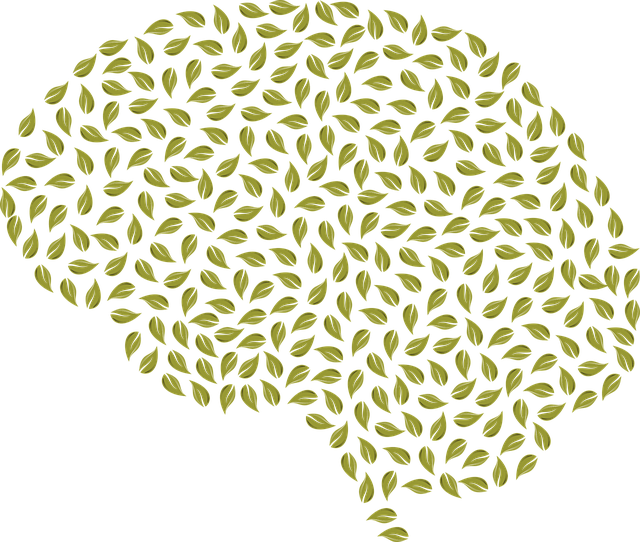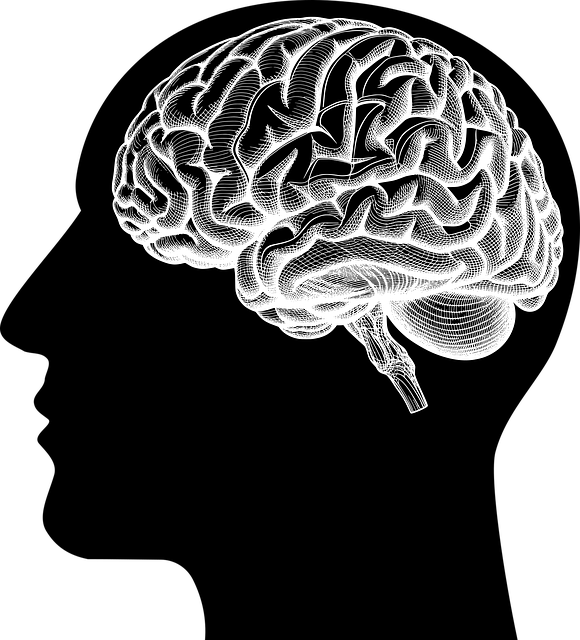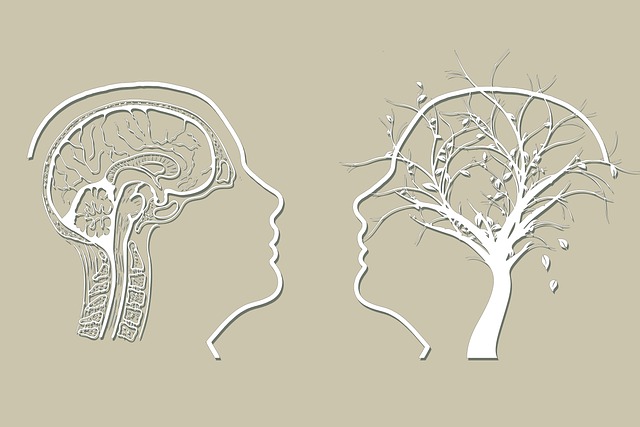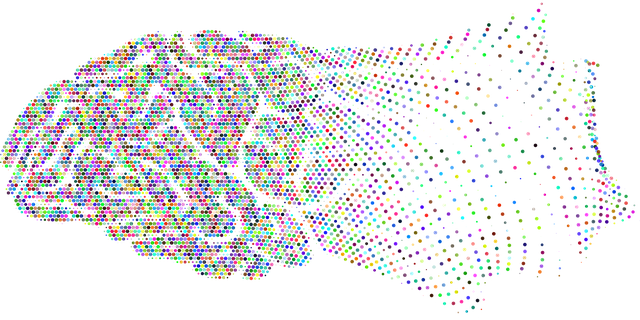Stress management is crucial for mental health, with chronic stress leading to conditions like anxiety and eating disorders. Golden Eating Disorders Therapy (GEDT) offers a comprehensive approach by integrating cultural sensitivity, positive thinking, mindfulness, nutrition, and physical exercise. These strategies build resilience, improve well-being, and foster healthier relationships with food and bodies. Social connections and relaxation techniques are vital for recovery, reducing stress in both patients and healthcare providers. GEDT, combined with these holistic methods, equips individuals to navigate challenges, enhance mental fortitude, and achieve improved overall health.
Stress reduction is a vital component of maintaining optimal mental health. In this comprehensive guide, we explore effective methods to combat stress, from understanding its profound impact on mental well-being to implementing practical strategies like mindfulness techniques and physical exercise. We delve into the role of nutrition, including the therapeutic benefits of Golden Eating Disorders Therapy, and emphasize the power of supportive social connections in fostering relaxation and resilience.
- Understanding Stress and its Impact on Mental Health
- The Role of Nutrition and Golden Eating Disorders Therapy
- Mindfulness Techniques for Effective Stress Management
- Physical Exercise and Its Benefits in Reducing Stress Levels
- Supportive Social Connections and Relaxation Strategies
Understanding Stress and its Impact on Mental Health

Stress is a natural response to challenging situations, but when it becomes chronic, it can significantly impact mental health and overall well-being. It’s essential to recognize that stress isn’t always negative; acute stress can enhance performance and focus by releasing adrenaline and other hormones, often referred to as the “fight or flight” response. However, prolonged exposure to stress without effective coping mechanisms can lead to various mental health issues, including anxiety disorders, depression, and even eating disorders. Understanding this connection is crucial in developing strategies for stress reduction, which is a cornerstone of Golden Eating Disorders Therapy.
Building resilience is an essential aspect of managing stress and promoting positive mental health. This involves equipping individuals with the mental fortitude to navigate difficult situations and adapt to change. Cultural sensitivity in mental healthcare practice also plays a significant role, ensuring that therapeutic approaches are tailored to an individual’s cultural background and beliefs. Encouraging positive thinking and reframing negative thoughts can be powerful tools in stress reduction, helping people cultivate a more optimistic outlook and better cope with stressful events.
The Role of Nutrition and Golden Eating Disorders Therapy

Nutrition plays a crucial role in stress reduction and overall well-being. A balanced diet that includes whole foods like fruits, vegetables, lean proteins, and healthy fats can significantly impact mental health. Adequate nutrition provides essential nutrients, supports brain function, and stabilizes mood, thereby reducing the onset of stress and anxiety. Moreover, cultivating a mindful approach to eating, often achieved through practices like Golden Eating Disorders Therapy, can foster inner strength development and enhance coping skills.
Golden Eating Disorders Therapy focuses on addressing the cultural competency aspects of healthcare providers, ensuring they offer tailored support for individuals dealing with eating disorders. This therapy promotes healthy relationships with food and bodies, encouraging clients to develop effective coping mechanisms. By integrating these therapeutic practices alongside proper nutrition, individuals can build resilience against stress, improve their mental health, and cultivate a positive self-image.
Mindfulness Techniques for Effective Stress Management

Mindfulness techniques have emerged as a powerful tool for managing stress and promoting emotional regulation. These practices encourage individuals to focus on the present moment, cultivating awareness of their thoughts, feelings, and bodily sensations without judgment. By adopting mindfulness, people can develop a greater sense of calm and clarity, enabling them to navigate stressful situations with more resilience. One effective method is mindful breathing, which involves paying attention to the inhalation and exhalation, helping to slow racing thoughts and reduce anxiety.
Additionally, mindfulness meditation has gained significant traction in stress reduction methods, offering a structured approach to emotional wellness. Regular practice can lead to better mental wellness podcast series production, as individuals become more attuned to their internal experiences. Golden Eating Disorders Therapy, for instance, integrates mindfulness techniques to help clients develop healthier relationships with food and their bodies, ultimately contributing to overall well-being.
Physical Exercise and Its Benefits in Reducing Stress Levels

Physical exercise is a powerful tool in the arsenal against stress. It works as a natural stress reducer by releasing endorphins, often referred to as ‘feel-good’ hormones, which can significantly improve mood and decrease feelings of anxiety and depression. Regular physical activity also promotes better sleep quality, which is essential for managing stress levels effectively. Studies have shown that even moderate exercises like walking, swimming, or yoga can lower cortisol, the stress hormone, and increase overall well-being.
Incorporating physical exercise into your routine doesn’t necessarily mean signing up for intense gym sessions; it can be as simple as taking a brisk walk in nature or practicing mindfulness through activities like gardening or dancing. These ‘golden’ activities not only promote physical health but also serve as effective therapy for those dealing with mental illness and eating disorders, while simultaneously contributing to the reduction of stigma associated with seeking help. Moreover, prioritizing movement throughout the day can be an excellent strategy to prevent burnout among professionals, helping them maintain a healthier work-life balance and mitigate stress-related risks.
Supportive Social Connections and Relaxation Strategies

Supportive social connections play a pivotal role in stress reduction and overall well-being, especially in mitigating symptoms related to eating disorders like anorexia or bulimia. Connecting with understanding friends and family members who have undergone similar experiences can foster a sense of belonging and reduce feelings of isolation. Support groups, both online and offline, offer safe spaces for individuals to share their struggles, gain insights from peers’ journeys, and learn effective coping mechanisms. These connections can significantly enhance recovery outcomes during therapy sessions focused on Golden Eating Disorders Therapy (GET).
Relaxation strategies are another powerful tool in managing stress. Techniques such as mindfulness meditation, deep breathing exercises, progressive muscle relaxation, and yoga have been proven to reduce anxiety and promote a state of calm. Incorporating these practices into daily routines can help healthcare providers, who often face high-stress environments like Burnout Prevention Strategies for Healthcare Providers, to manage their own stress levels effectively. In fact, when healthcare professionals prioritize self-care through such relaxation methods, they become more equipped to support patients in their journey towards recovery, enhancing the overall effectiveness of GET and other therapeutic interventions, even when addressing complex issues requiring Cultural Competency Training in diverse patient populations.
In conclusion, managing stress effectively is essential for maintaining optimal mental health. By combining dietary approaches like Golden Eating Disorders Therapy with mindfulness practices, physical activity, and supportive social connections, individuals can create a holistic strategy to combat stress. These methods empower people to navigate life’s challenges with resilience, promoting overall well-being.













